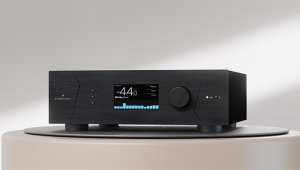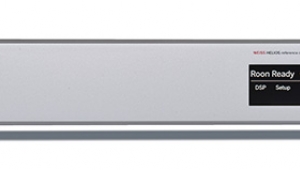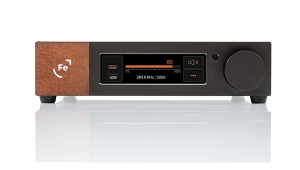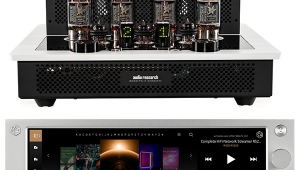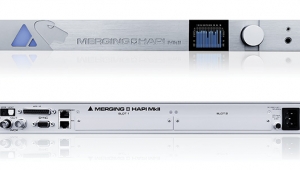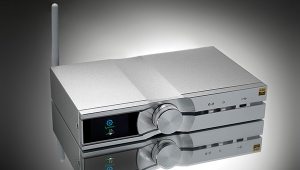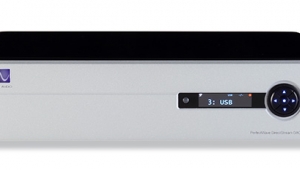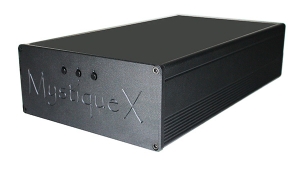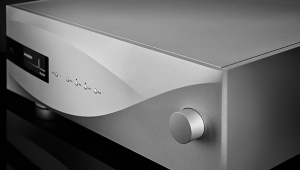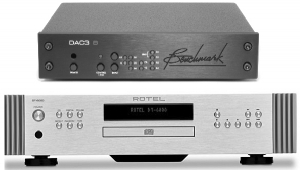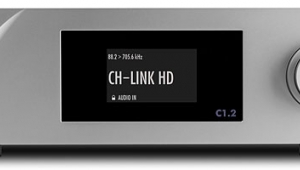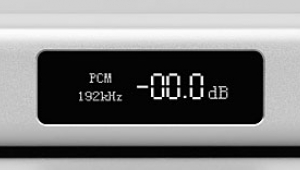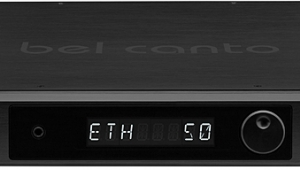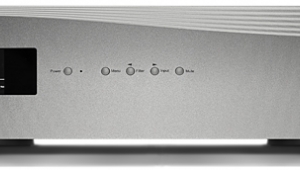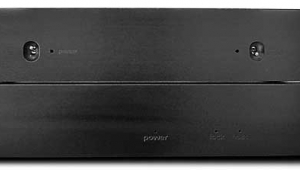| Columns Retired Columns & Blogs |
Theta Digital DSPro Basic D/A processor Measurements
Sidebar 3: Measurements
Not surprisingly, the DSPro had flat frequency response (fig.1) and virtually no de-emphasis error (fig.2), due to the fact that de-emphasis is performed in the digital domain. The Basic's channel separation (fig.3) was fairly typical, but with greater separation at mid and high frequencies. Unusually, the DSPro Basic did not exhibit flat phase response. Instead, interchannel phase increased with frequency, reaching a maximum difference of 42°, as can be seen in the plot of fig.4. (This is equivalent to a time delay of 6µs between the two channel outputs, which is inconsequential, I would have thought.)
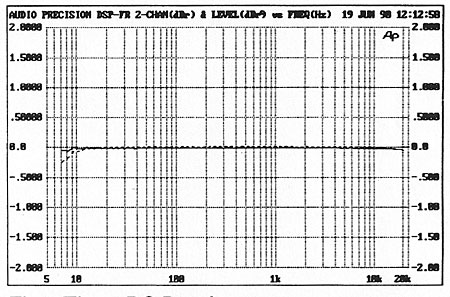
Fig.1 Theta DSPro Basic, frequency response at –12dBFS into 100k ohms with 44.1kHz data (right channel dashed, 0.5dB/vertical div.).
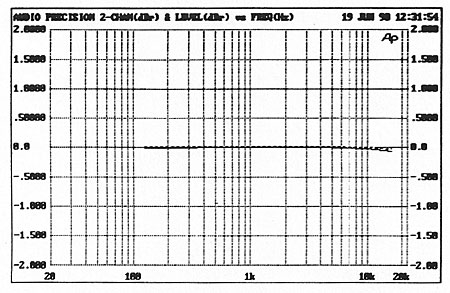
Fig.2 Theta DSPro Basic, de-emphasis error at –12dBFS into 100k ohms with 44.1kHz data (right channel dashed, 0.5dB/vertical div.).
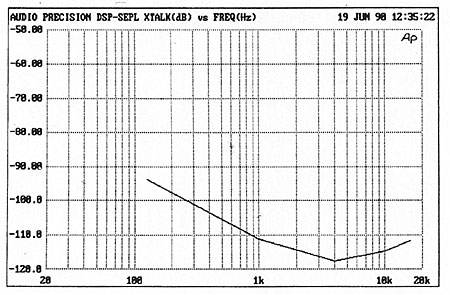
Fig.3 Theta DSPro Basic, channel separation (10dB/vertical div.).
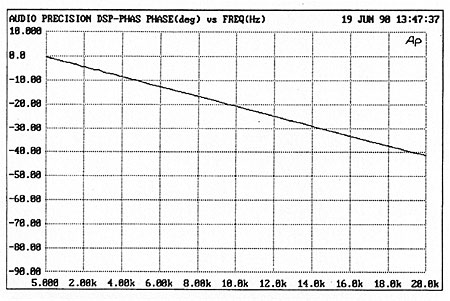
Fig.4 Theta DSPro Basic, Inter-channel phase difference.
Also unusually, the DS Pro had a very high output, 7.2V at maximum recorded level, which is 11dB higher than the industry-standard 2V. Presumably this is to allow the processor to be able to drive even the most insensitive power amplifier to full output. The analog output was sourced from a relatively low 55 ohms impedance.
The bonger test on the Chesky Test CD, discussed in the Stax DAC-X1t review elsewhere in this issue, is a revealing indicator of a converter's low-level performance. Playing it back on the DSPro Basic, I heard some high-frequency noise, but at a low level. During the lowest-level tracks, some converter artifacts were apparent as a metallic roughness to the bonger's decay. Overall linearity was excellent, however, as can be seen in the fade-to-noise-with-dither plot of fig.5 (right channel shown). The deviation from linearity is shown in fig.6, with no appreciable error above –110dB (left channel shown, right channel slightly better).
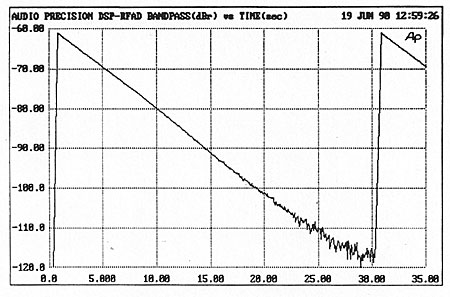
Fig.5 Theta DSPro Basic, fade-to-noise with dither, dBR vs time (s).
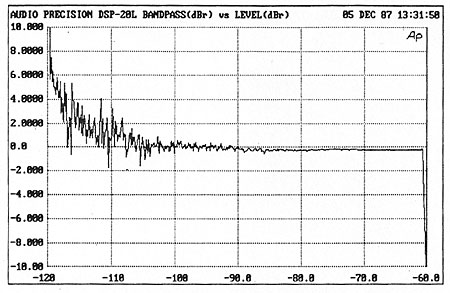
Fig.6 Theta DSPro Basic, linearity error (16-bit data), dBR vs dBFS.
This excellent low-level performance was also revealed when the waveform of an undithered 1kHz tone at –90.31dB was examined (fig.7). The level steps evenly between +1, 0, and –1, overlaid with some audio-band noise. (The measurement bandwidth here was set to 30kHz.) Looking at the 1/3-octave spectrum of the DSPro Basic's output when playing a 1kHz, dithered –90.31dB sinewave (fig.8), which should reproduce as a distortion-free sinewave with added noise revealed, as expected from the linearity measurements, a low level of spurious harmonics, noise, and powerline-related artifacts.
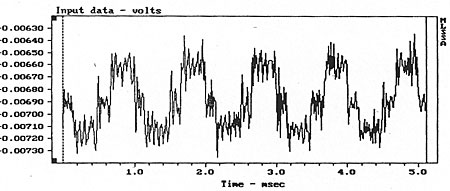
Fig.7 Theta DSPro Basic, waveform of undithered 1kHz sinewave at —90.31dBFS, 16-bit data.
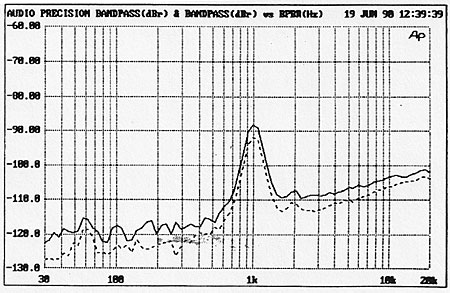
Fig.8 Theta DSPro Basic, 1/3-octave spectrum with noise and spuriae of dithered 1kHz tone at –90dBFS with 16-bit data (right channel dashed.)
Fig.9 shows the DS Pro's linear-phase, non-inverting impulse response (a front-panel switch allows signal polarity to be inverted), while fig.10 shows the output waveform of a 1kHz squarewave at a 0dB level; a slight degree of leading-edge overshoot can be seen. Finally fig.11 shows the spectrum from 200Hz to 30kHz with the DS Pro reproducing a 1:1 mix of 19kHz and 20kHz tones at full level, 0dB. Normally one finds at least some intermodulation products present in this signal, but the DS Pro Basic seems commendably clean. There isn't even a trace of the otherwise ubiquitous 24.1kHz product which results from intermodulation between the 20kHz signal frequency and the 44.1kHz CD sampling frequency. As with the Stax processor, this freedom from intermod products probably contributes to the ease of the processor's sound quality and its lack of subjective grain.
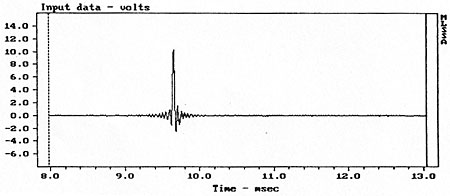
Fig.9 Theta DSPro Basic, impulse response.
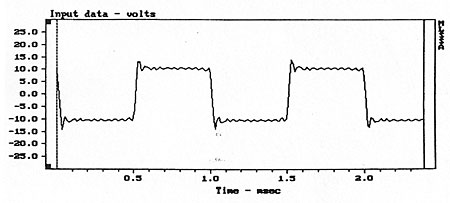
Fig.10 Theta DSPro Basic, 1kHz squarewave at 0dBFS.
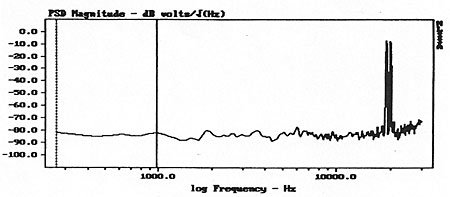
Fig.11 Theta DSPro Basic, 19+20kHz at 0dBFS peak into 100k ohms, 16-bit data (linear frequency scale).
Overall, the DSPro Basic's measured performance was excellent.—Robert Harley
- Log in or register to post comments
